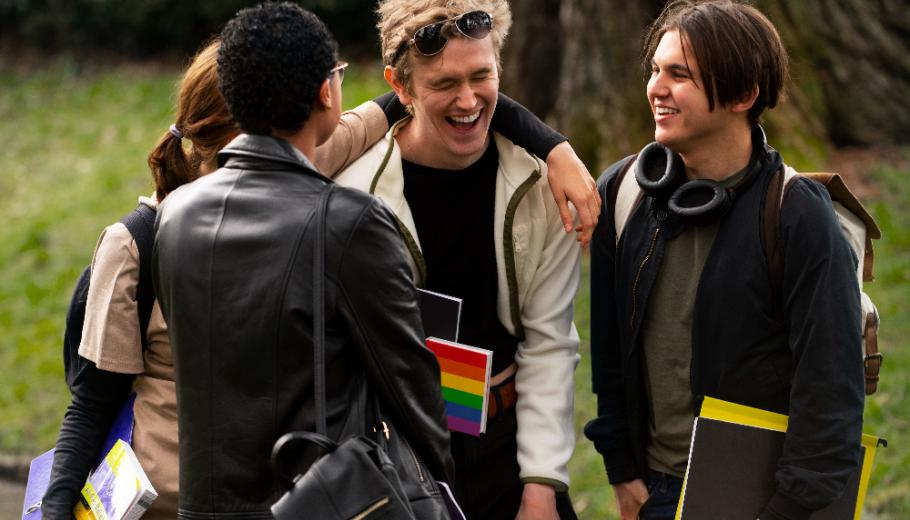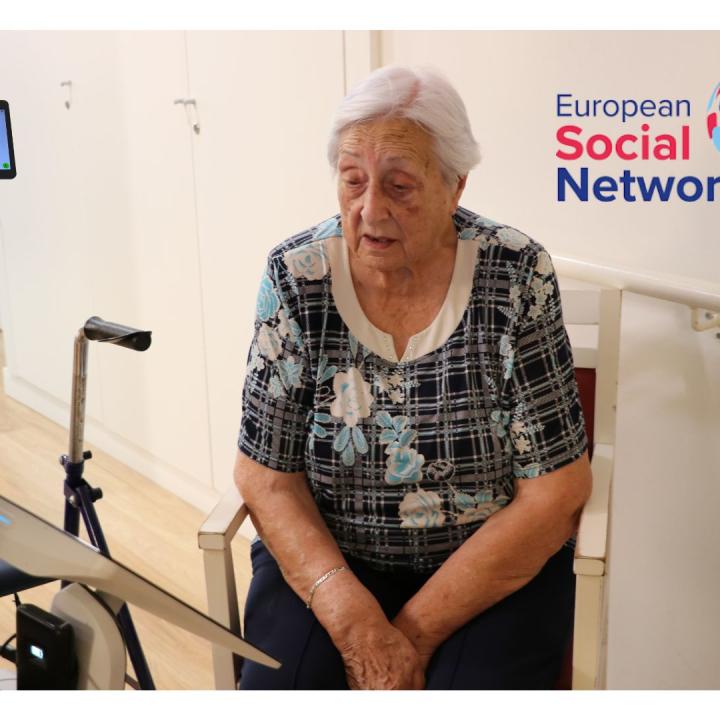One of the main challenges to guarantee the rights of LGBTIQ+ people is to deal with discrimination based on sexual orientation or gender identity. With this goal in mind, at Suara we work all year to put the LGTBIQ+ perspective in all the services we manage.
How do we do it? It is explained to us by expert voices that we have within the organization of various services where we accompany people at different stages of life, since in each of them different strategies must be followed.
For Elena Romero, social educator in a center for fostered children, it is very important that people, from a very young age, know how to differentiate between two key concepts: gender identity and sexual orientation. In the first case, according to Romero, it is very important to end stereotypes; and, in the second, to educate about diversity, make the different realities visible and call things by their name. “Goodbye to blue for boys and pink for girls. Goodbye to taboos", remarks Romero.
In the open centres, the reality is different, says Bárbara Ercilla de Villena, who directs them. Specifically, where she works, there are two young people in a transition process and, she says, both her colleagues have accepted it as normal. "Resistance is not in teenagers. The deconstruction must be done by the adults and it must be accompanied by the families", clarifies Ercilla de Villena.
In the different penitentiary centers in Catalonia, there is the figure of gender referents, whose aim is to channel awareness actions, detect possible discrimination or situations that need to be regulated to guarantee and preserve the rights of the LGTBIQ+ collective, explains Marta Julian , director of cultural mediation for the penitentiary services managed by Suara Cooperativa. "Guaranteeing coexistence in the prisons of Catalonia implies respect for any kind of diversity to put before human dignity versus personal beliefs", Julian argues.
The generation that has suffered repression
The rights of LGBTIQ+ people must be guaranteed at any stage of life and, therefore, also in old age. "We are dealing with a generation that has lived through repression and that even now lives hiding this aspect", recalls Mireia Lluís, director of a day center for the elderly. For this reason, he explains that the most important thing is to normalize the reality of these people to make them understand that this right will be guaranteed like any other, such as, for example, having a meal on the table. In addition, it also advocates the creation of internal protocols and rules that prevent discrimination, that make it possible to generate internal reporting mechanisms while guaranteeing the training of working people.
The reality that Lluís describes in Suara Cooperativa is already implemented in each of the services, as well as in the organization. Well, at Suara we not only implement the LGTBIQ+ perspective in our services, but also within the cooperative. In April, we approved a protocol to guarantee the rights of the people of the group and avoid any kind of discrimination towards working people, served in our services or paying customers. Among other things, points out Marta Ruiz, technician of the People Area, this envisages the activation of an investigation commission if there is a complaint of discrimination or aggression against LGTBIQ+.
"At Suara, we employ more than 5,000 people with different gender organizations and sexual orientations. Together we have managed to make Suara a safe place where everyone can express and live their sexuality freely" defends Ruiz.
So, we defend the rights of LGTBIQ+ people not only on June 28, but every day of the year because at Suara Cooperativa we are people who decide to accompany pride at the same time that many of us are also people we accompany with pride.





